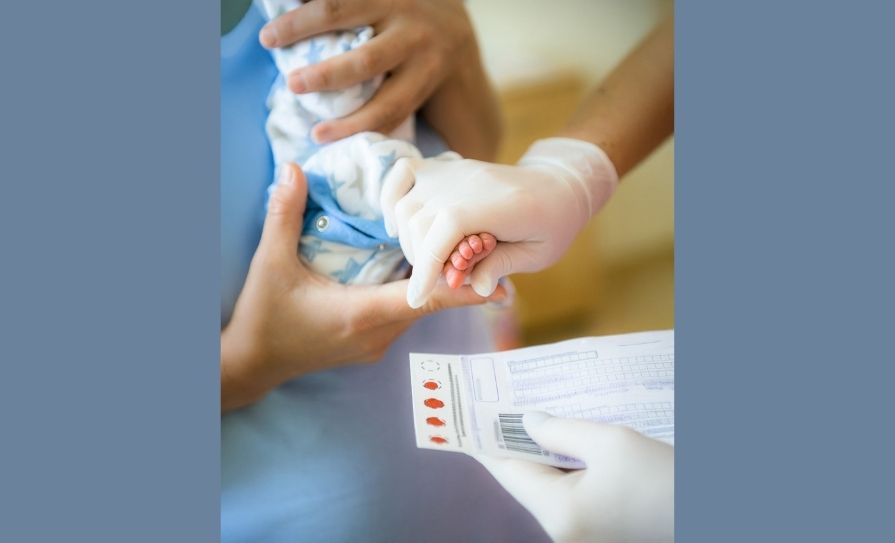The development comes amid ongoing criticism from GPs of attempts by pharmacists to take on medical work traditionally undertaken by GPs and doctors.
Based on insufficient evidence, no country has to date established a national screening programme for atrial fibrillation.
The study, supported by the Irish Pharmacy Union (IPU) and Irish Heart Foundation (IHF), involves free-of-charge screening for adults 50 years of age and over who have no previous history of heart disease, atrial fibrillation or stroke.
Officials from the IPU and IHF attended a training session on the study in early July, when the pilot was launched.
Funded by the IPU and Pfizer Healthcare Ireland, the pilot seeks to engage 1,000 participants in more than 100 pharmacies, with a final report on the study due in October.
The pilot, titled ‘Pharmacy Pilot to Detect Hypertension and Atrial Fibrillation’, will provide a health check and heart health information service to determine the proportion of people who have either high blood pressure or atrial fibrillation or both, according to the IPU.
The pharmacist will measure the participant’s blood pressure and pulse. Participants will be given a written copy of their results along with advice and leaflets to help them improve their lifestyle, the IPU said.
If the results are above a certain level, the pharmacist will advise the participant to see their GP and have further tests. Participants will also be asked to complete a short survey about what they thought of the health check.
If the participant is referred to their GP, the pharmacist will phone them after a few weeks to see what happened after the consultation. The participant’s part in the study will take about 20-30 minutes.
All pharmacists participating in the study will be trained by IHF staff through practical workshops to develop their skills in checking blood pressure and pulse.
Information on cardiovascular disease will also be provided to pharmacists and IHF standard operating procedures will be used to ensure consistency.
Former IMO President and Dublin GP Dr Ray Walley called for all organised screening undertaken in Ireland, both public and private, to be licensed by a specific screening office “on the basis of evidence to ensure that the scarce money available in healthcare is spent appropriately”.
In 2015, a health technology assessment by HIQA found that a national screening programme for atrial fibrillation for over 65s in primary care would “likely be cost-effective” in Ireland.













Leave a Reply
You must be logged in to post a comment.